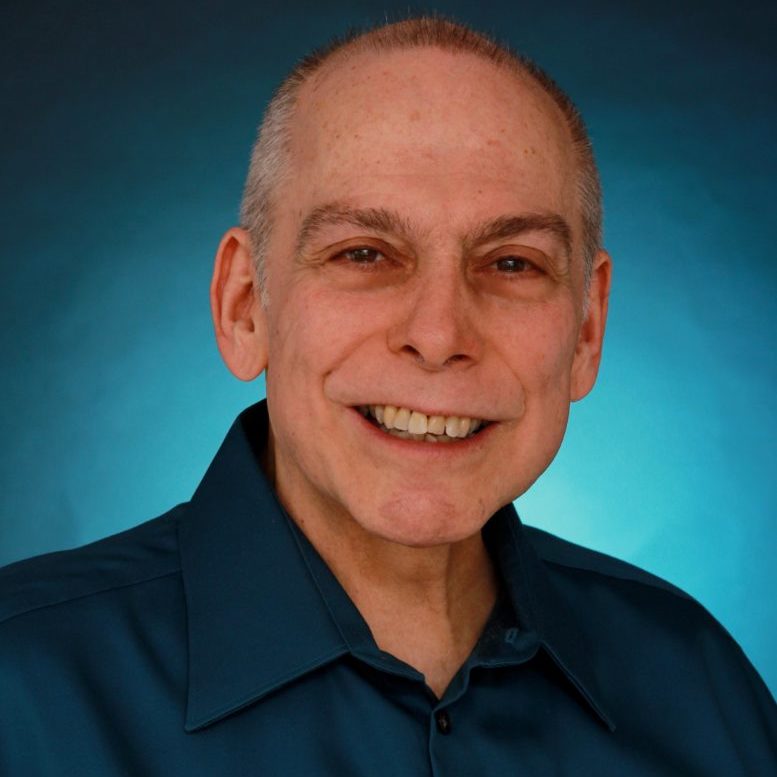How to manage your thoughts while you are in recovery
It’s easier than you might think to manage your thoughts. Let me show you how.
If you are in the process of deciding if you want to be in recovery or figuring out how to manage your recovery, there’s an approach you can use to help you decide what to do or how to do it. It’s called managing your thoughts.
Emotions can make managing thoughts quite a challenge. Remember when you decide to enter the recovery journey and suddenly, “It’s useless. I will probably end up as a failure.” You are sad and frustrated.
However, having an approach to managing your thoughts can minimize the effect(s) emotion can have while making a decision.
When your thoughts contain judgment, you think in absolutes (e.g., something or someone is right or wrong, good or bad, successful or a failure). Judgment fuels emotion and can interfere with and/or stop your progress towards deciding to be in recovery or managing your recovery as consistently as possible.
Assessing a situation allows you to make decisions and/or accomplish your goals most quickly and easily as possible. To use this approach, you identify what you want or don’t want. You then identify a solution that will result in your desired outcome. For example, if you’re deciding about being in recovery, consider strategies that would make it possible to achieve instead of thinking about how difficult it might be.
Assessing situations instead of judging them will give you the best chance of managing your recovery as easily and quickly as possible. Judging the idea of being in recovery or judging yourself while in recovery can potentially sabotage your progress. I believe in you and you can believe in yourself!

Alan Simberg Ph.D.
Alan Simberg, Ph.D. has been trained as a Life Mastery Consultant through Mary Morrissey’s Life Mastery Institute. He is certified in Applied Clinical Nutrition and is also a certified NET (Neuro Emotional Technique) practitioner. This background in combination with his being trained and licensed as a Marriage and Family Therapist and Chemical Dependency Counselor and his 50 plus years of clinical experience have provided him with a wealth of knowledge and understanding.
